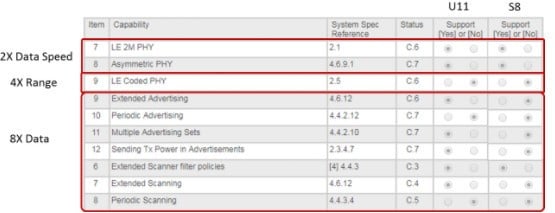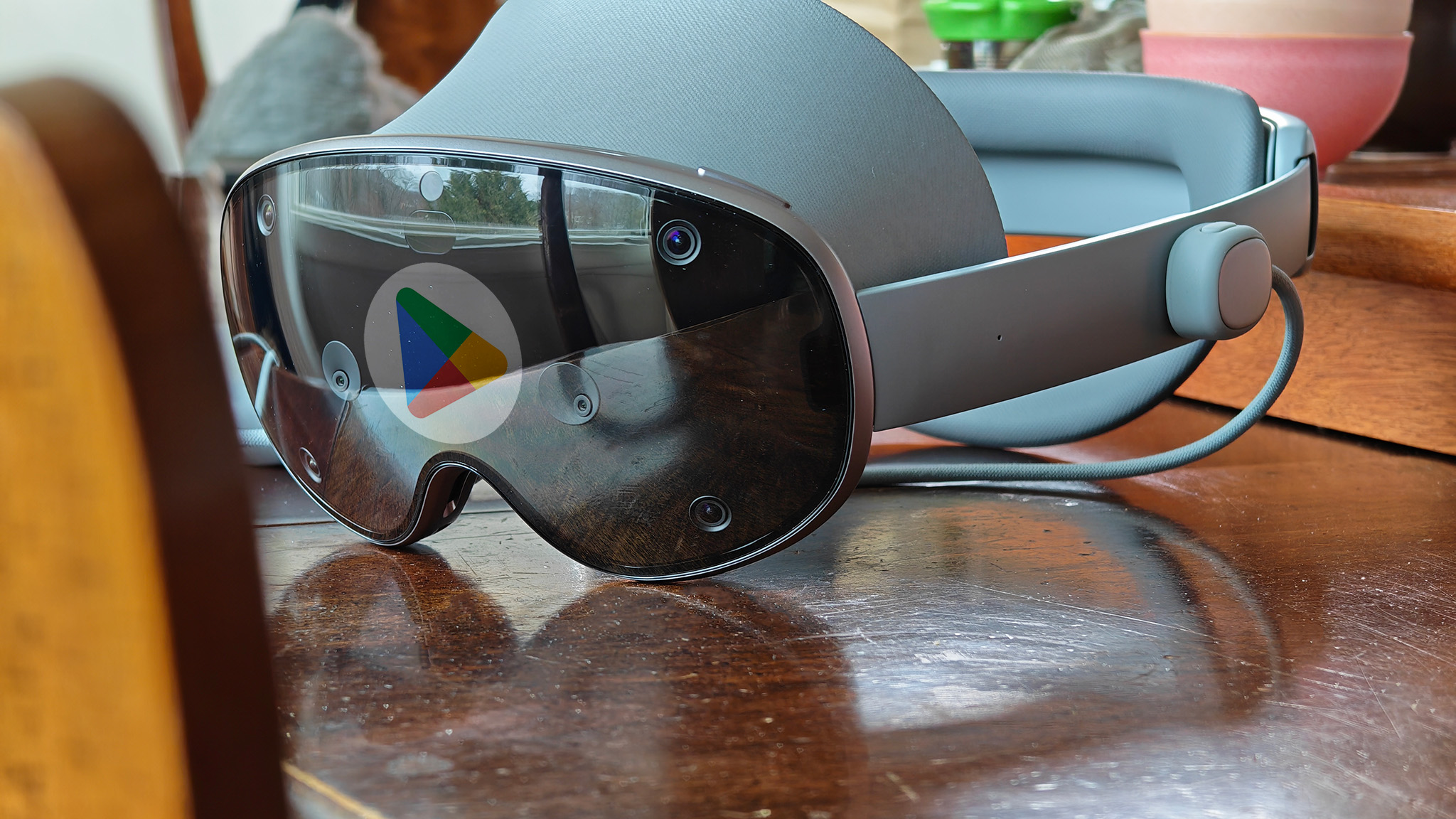Bluetooth 5 and the HTC U11: You had it all along

Get the latest news from Android Central, your trusted companion in the world of Android
You are now subscribed
Your newsletter sign-up was successful
You may have heard that Bluetooth 5.0 is coming to the HTC U11 with the Android O update. Of course, there is more to the story because updates and new technology are never that simple. Because Bluetooth 5 is new (the standard itself was only recently finalized) there's a bit of confusion about what it is and what it can do. We wanted to try and end the confusion and sort out what Bluetooth 5 is today, how it is supported and exactly what to expect when it gets here.
We knew this would take an expert. HTC's Darren Sng took the time to chat with us about Bluetooth 5 and how it fits in with the HTC U11 and Android O to clear up all the confusion and answer all the questions surrounding it. It was an enlightening conversation, and we want to thank Mr. Sng for working around time zones and busy schedules so that we can all have a better grasp on what to expect.
What consumer benefits does Bluetooth 5 offer?
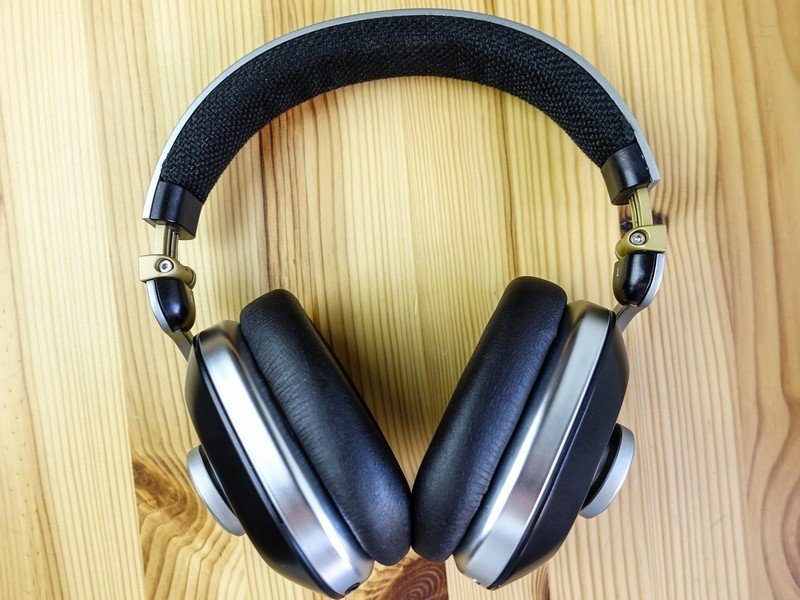
This is the big question for all of us. Knowing that support is on the way is great and something we can look forward to, but what we really want to know is what it brings to the table.
The Bluetooth 5 standard offers three fundamental improvements over previous versions: data transmissions speeds are twice as fast, data transmission distance is four times greater, and data broadcasting contains eight times the information. Other improvements include slot availability masking and new channel selection algorithms, which help prevent data loss by keeping away from transmission channels that are active for Wi-Fi or LTE. The standard was designed to give us better Bluetooth connections and faster data transfer, especially for BLE (Bluetooth Low Energy) devices.
Bluetooth 5 promises to be faster and work across a longer distance.
BLE specifications for audio transmission aren't yet finalized. The Bluetooth Special Interest Group says this will be finished by the end of 2017 and audio routing will be done over the low energy radio, which means Bluetooth 5 improvements will apply to our headsets and wireless speakers, too.
Finally, Bluetooth Low Energy mesh standards are being developed so that these improvements can work in a "many to many" (multiple devices all talking to each other) configuration. This will further improve transmission range and streamline applications and installations that use Bluetooth Low Energy.
Of course, the Bluetooth standard is constantly evolving and we'll likely see more improvements and benefits over time. But this is what Bluetooth 5 has to offer right now, with a huge caveat: you'll need all devices to support Bluetooth 5 to see any of them. We've not yet heard of any company offering Bluetooth 5 accessories, but we're sure they are in the works.
Get the latest news from Android Central, your trusted companion in the world of Android
What benefits of Bluetooth 5 come with Android O and the HTC U11?
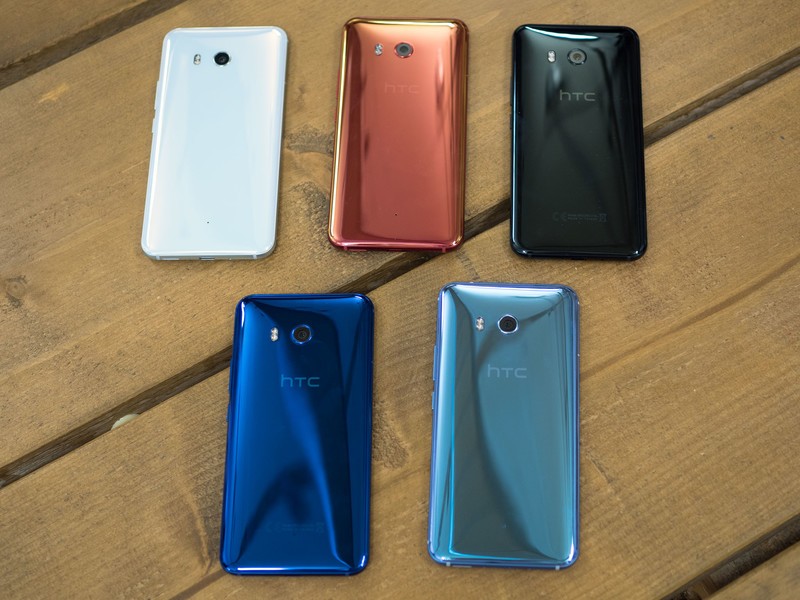
Having a new standard is all well and good, but you also need support for features from both the hardware and the underlying operating system software. A lot of work falls on the shoulders of Google, HTC, and Qualcomm in this situation.
If you take an HTC U11 out of the box, here's how it supports Bluetooth 5:
- Two times faster data transmission speeds over Low Energy is fully supported.
- Four times greater data transmission distances is not supported.
- Eight times more information in broadcast data is partially supported, with five of the seven required capabilities in use.
A Bluetooth 5 device doesn't have to support all the new features to be certified. As long as the latest Bluetooth ESR (Errata Service Release) has been adopted, partial support is fine. This makes sense once you consider that Bluetooth is used across a wide range of devices and a beacon doesn't need to support the same things a smartwatch does. By supporting specific needs, devices can save power and become compliant faster. You can see exactly what hardware is required to support to be Bluetooth 5 ready at Bluetooth.org.
Mr. Sng was kind enough to share the exact system specifications required to fully support Bluetooth 5 along with notes about compliance of the hardware and device driver software used in the HTC U11 and the Samsung Galaxy S8 — the only existing Android phone that claims to be Bluetooth 5 compliant.
As you can see, different hardware configurations mean different existing support for Bluetooth 5 improvements. These can change as component vendors are working to support everything in the list. But hardware is only one part of the equation, and we also need to understand what Android supports. Thankfully, that's a bit more simple.
- Android N does not support Bluetooth 5 features.
- Android O will support Bluetooth 5 natively.
More important, since there are no Bluetooth 5 peripherals, Android O also has support for backward compatibility. Bluetooth 4.2 and Bluetooth 5 use the same hardware RF (Radio Frequency) specifications and when a Bluetooth 5 device is connected to a Bluetooth 4.2 device, the Bluetooth 5 device becomes fully backward compatible with all parts of the Bluetooth 4.2 standard. Your headphones will work flawlessly until you pick up a new pair in 2018 that are Bluetooth 5 Low Energy compatible.
The HTC U11 is capable, but Android isn't ready just yet.
One last bit of confusion to clear up is dual audio support. The simultaneous dual audio feature is a proprietary feature of Qualcomm and Broadcom and is not part of the Bluetooth 5 standard and isn't mentioned as being in the works for any future enhancement. Dual audio uses the Dual-A2DP profile and is supported on Bluetooth 4.2 and Bluetooth 5. This is why your Bluetooth 4.2 headphones work with the dual audio feature of the Galaxy S8.
How will the Android O update support Bluetooth 5?
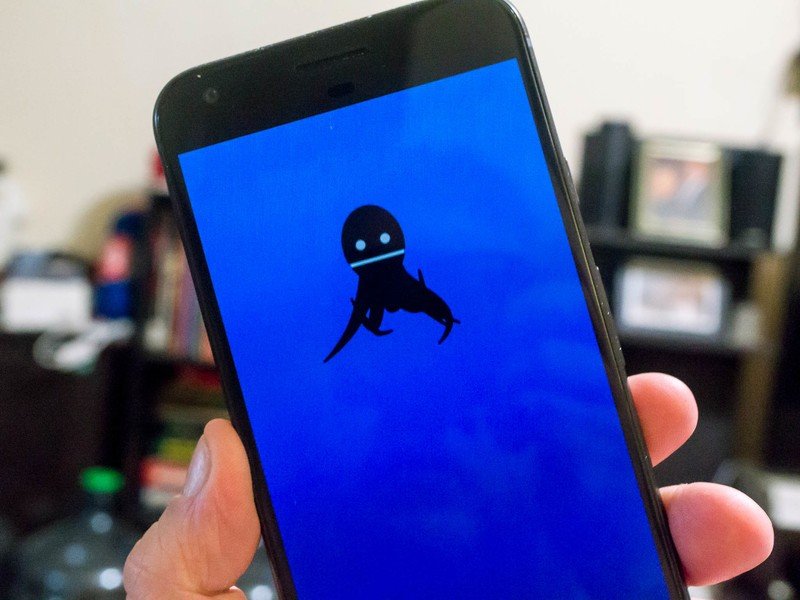
Easy: it really doesn't. At least on the hardware side because the U11 has always been Bluetooth 5 capable.
Again, we look to the Galaxy S8 because it's the only phone that currently claims Bluetooth 5 support. The HTC U11 already features all the hardware and software driver support listed in the section above for Bluetooth 5 but has only recently been Bluetooth 5 certified. This is the same level of support the Galaxy S8 was able to advertise when it launched, and until Android O is available none of it really matters.
Bluetooth 5 support comes with the Snapdragon 835 and its WCN3990 companion chip.
Your HTC U11 already has Bluetooth 5 hardware support at the chipset level. The Qualcomm Snapdragon 835 (MSM8998) features the WCN3990 chip which provides 802.11 ac Wi-Fi, FM radio and Bluetooth 5.x support. This is provided by Qualcomm's low-level firmware and hardware "drivers" and the company who made the phone using the SoC (System on Chip) only needs to do two things: be listed as compliant by the Bluetooth SIG, and provide operating system support. Not being certified didn't take the features away, it just wasn't required until the operating system could use any of them.
That's where Android O comes into play. Android 7 doesn't offer support for any of the new Bluetooth 5 features in the Bluetooth stack, but Android 8 does. The developer documentation for API 26 (that's Android O) covers the new LE features that make the operating system able to use Bluetooth 5.0.
But remember, you still need two Bluetooth 5 capable devices. When Android O arrives there will be several phones that are Bluetooth 5 capable and able to use the new features through software. Most will support the same basic features (some details may be different based on exactly what chip is being used and the configuration, see the U11 and Galaxy S8 comparison above).
Android O provides the object and methods to use Bluetooth 5 on hardware that already supports it.
According to Mr. Sng, with Android O you could pair an HTC U11 to a Galaxy S8 (for example) and you would expect to see faster data transmission speeds since both phones support that part of the standard. You wouldn't see better range because that particular feature isn't yet supported. If you were to write an application that made one of the phones act as a BLE beacon, you wouldn't see the larger advertising packets because the standard isn't fully supported and one device currently supports it differently at the hardware level than the other.
Right now, none of this really matters. There are no Bluetooth 5 devices available to consumers and the ones being developed may take a while to hit the shelves. But when it comes to faster data speeds using Bluetooth 5 the HTC U11 is ready for them as soon as Android supports it.

Jerry is an amateur woodworker and struggling shade tree mechanic. There's nothing he can't take apart, but many things he can't reassemble. You'll find him writing and speaking his loud opinion on Android Central and occasionally on Threads.
